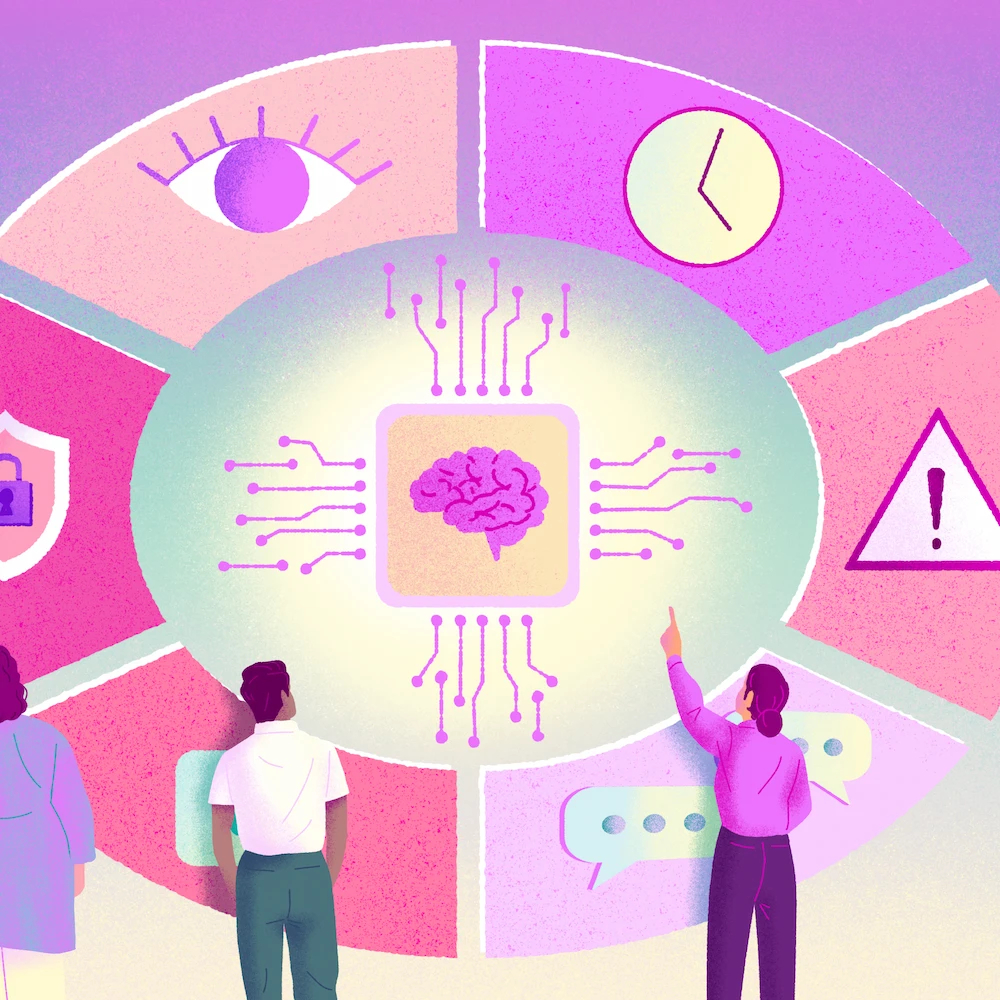Behavioral competencies refer to behaviors, attitudes, personality traits, knowledge, or skills that could help determine if a person will be successful in a given position.
What Are Examples of Behavioral Competencies?
Employers seek different behavioral competencies depending on the nature of the industry and position. Some common competencies include:
- Negotiation and networking;
- Organizational awareness;
- Data literacy;
- Creativity and innovation;
- Project management;
- Communication;
- Problem-solving competencies;
- Emotional intelligence;
- Adaptability.
Why Are Behavioral Competencies Important?
Behavioral competencies are important to accurately screen, hire, and train employees. Behavioral competencies can be developed over time and evolve throughout the career of an employee.
How to Assess Behavioral Competencies?
There are 3 main ways to assess behavioral competencies in the workplace.
Employees can respond to periodic self-assessment questionnaires. This allows them to reflect on their own competencies and think of ways to improve. Self-assessment questionnaires cannot be used on their own because employees are seldom completely objective regarding their own competencies.
Managers can assess the competencies of their employees by observing them over several months. Employees can also assess the skills of their peers to provide feedback. Standardized criteria should be set by the organization to ensure that the assessments are objective.







